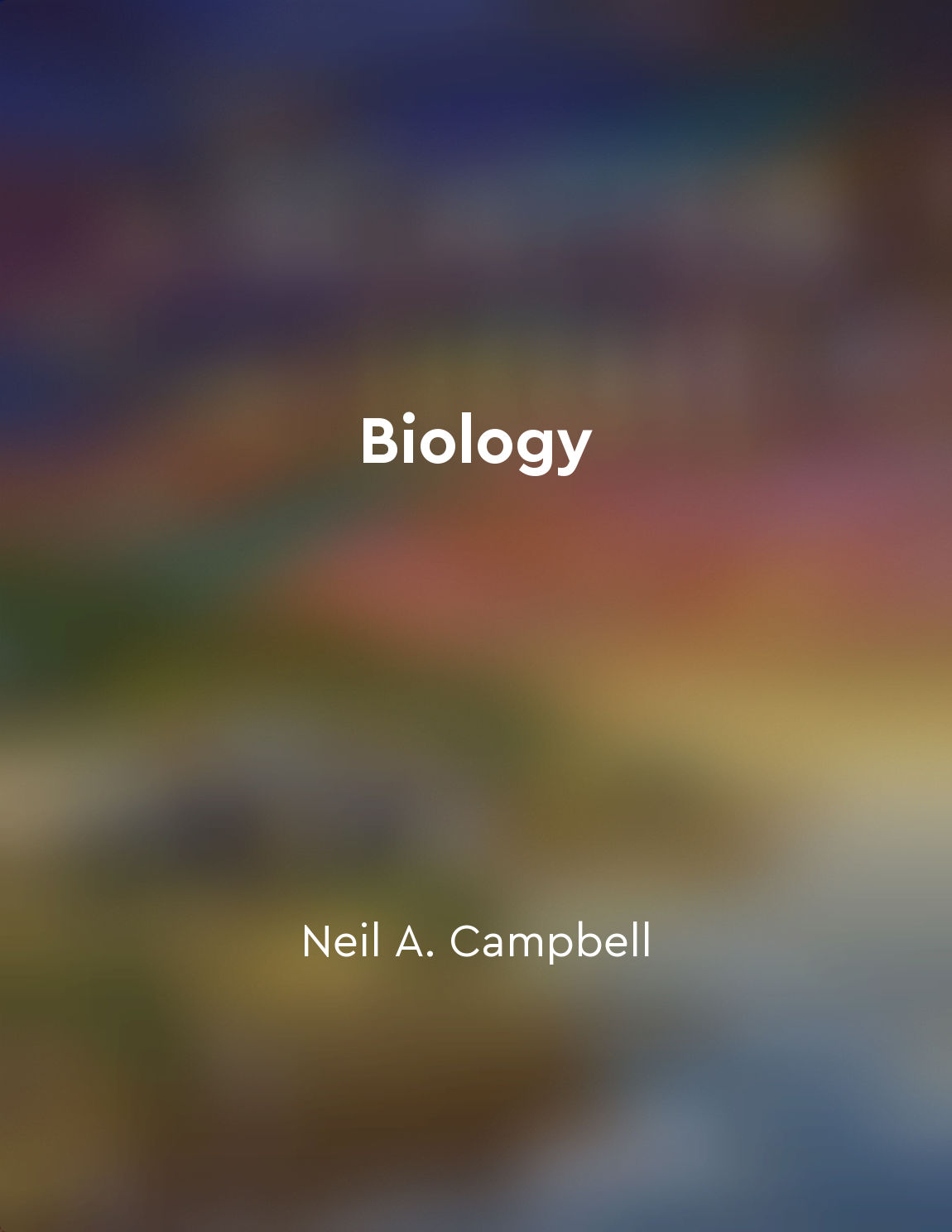Inaction on climate change will lead to widespread suffering and destruction from "summary" of The Uninhabitable Earth by David Wallace-Wells
The consequences of failing to act on climate change are not only severe but also far-reaching. The impacts will not be limited to a particular region or group of people - they will be felt globally, affecting us all in various ways. From extreme weather events like hurricanes and floods to crop failures and water shortages, the suffering brought about by inaction will be widespread. As temperatures continue to rise, so too will the risks associated with climate change. The destruction of ecosystems, loss of biodiversity, and the spread of disease will all be exacerbated by our failure to address the problem in a meaningful way. It is not just a matter of inconvenience or discomfort; it is a matter of life and death for many species, including our own. The longer we delay taking action, the worse the situation will become. The window of opportunity to prevent the worst impacts of climate change is rapidly closing, and with each passing day, the challenges we face grow more daunting. We cannot afford to wait any longer - we must act now to avoid the catastrophic consequences that inaction will bring. The decisions we make today will have lasting implications for future generations. If we continue down the path of inaction, we risk leaving behind a planet that is uninhabitable for our children and grandchildren. The time to act is now, before it is too late. Only by coming together and taking decisive action can we hope to avert the worst of what climate change has in store for us.Similar Posts
Geopolitics influence economies
Geopolitics and economics are deeply intertwined, with geopolitical events often having a significant impact on economies aroun...
Markets can help solve environmental problems
The interaction between markets and the environment is a topic of great importance in the field of environmental economics. The...
Demographics shape the future
Demographics shape the future by influencing every aspect of society, from workforce composition to consumer behavior. Understa...
Together, we can make a difference
The world we inhabit is a fragile one, teetering on the brink of imbalance due to human activity. Our actions have set in motio...

Community ecology
Community ecology examines how interactions between species, such as predation and competition, affect community structure and ...
The poorest regions will suffer the most from climate change
As the Earth warms, the consequences will not be distributed equally. The poorest regions, already struggling with poverty and ...
Social movements will drive change
In the coming decade, the driving force behind transformative change will not be political leaders, governments, or corporation...
Environmental policies should prioritize the protection of natural ecosystems
The health of our planet is intricately connected to the well-being of natural ecosystems. These ecosystems provide essential s...
Climate change disproportionately affects marginalized communities
Throughout the world, the impacts of climate change are not distributed equally. Those who have contributed the least to the cr...
